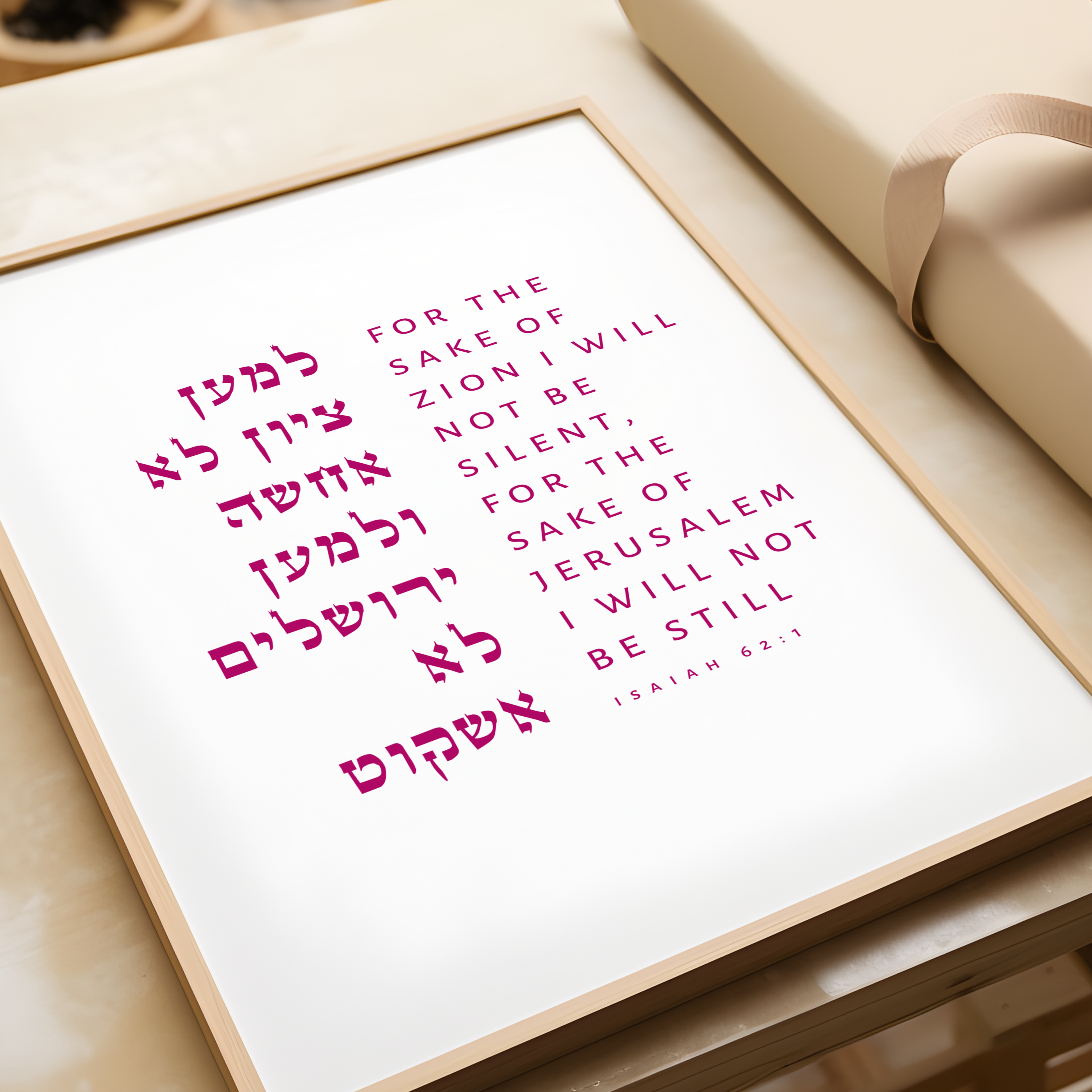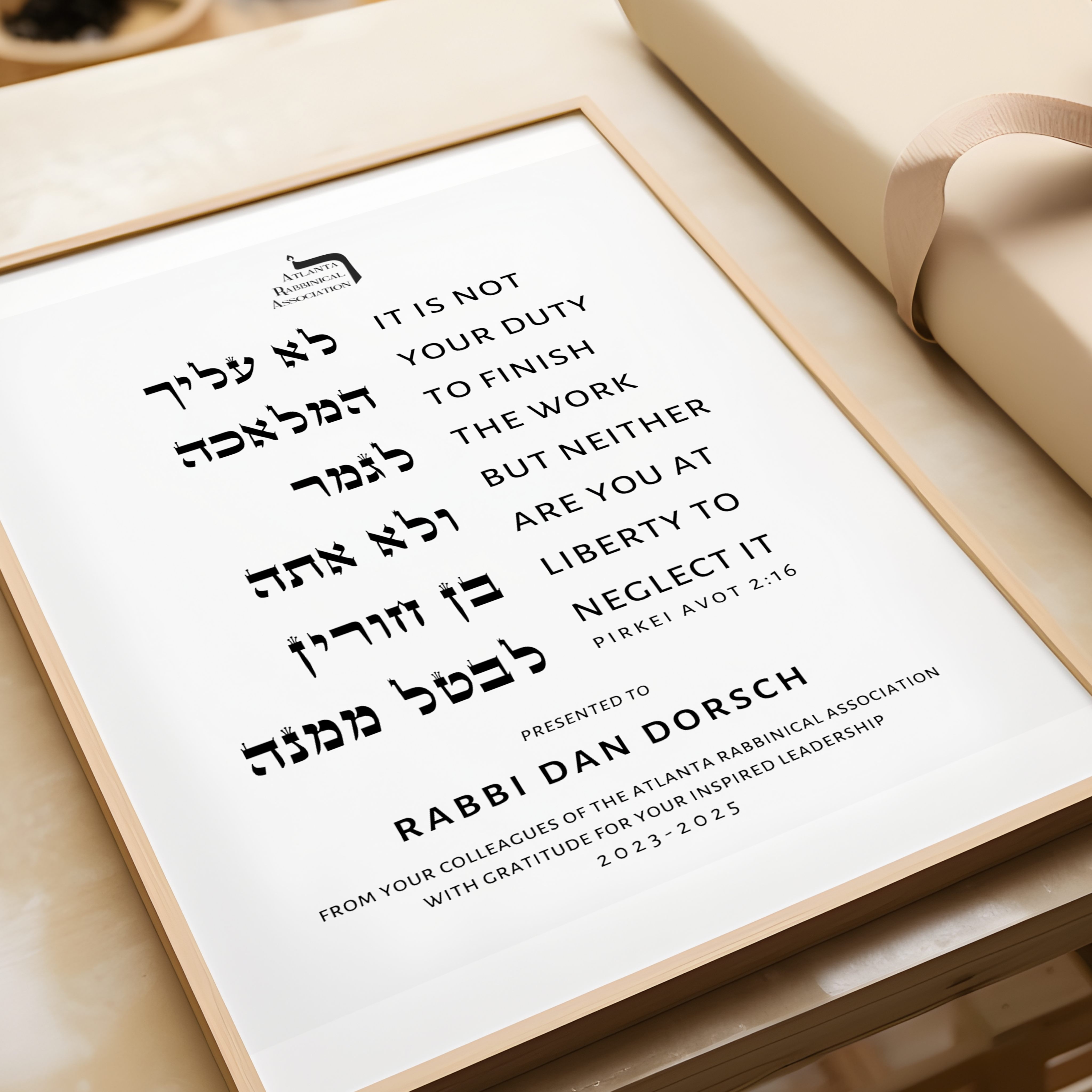What to Expect at a Brit Milah (Bris)
Welcome to the Tribe, Baby Boy!
A brit milah, or bris, is the ceremony in which a Jewish baby boy is circumcised. The bris takes place on a baby's eighth day of life, and is first mentioned in the Book of Genesis. The baby is officially given his Hebrew name at the ceremony, and a festive meal for family and friends follows. The terms bris and brit milah mean the same thing, and may be used interchangeably.
The Source
God commanded Abraham to circumcise himself and his offspring, representing a partnership with God. Having a bris says that we are not complete at birth, but take a final step in our own creation. By etching this partnership with God upon our very bodies, an everlasting covenant is formed. This bond indicates that our devotion and connection to God is permanent and unconditional. The most human and seemingly mundane part of us is sanctified and elevated in holiness at a bris.
The Ceremony
A bris is held on the eighth day of a baby boy’s life, even if that day falls on Shabbat or a holiday. In some cases, a medical problem may delay the bris, and it is then performed as soon as possible (though a rescheduled bris is not performed on Shabbat or a holiday). A bris is often held at synagogue, though it may take place at home as well. The bris usually follows the morning prayers and is performed by a mohel, or ritual circumciser. Several people at the bris are given roles of honor during the ceremony.
Roles of honor at the brit milah include the kvatters, or messengers who bring the baby into the room where the ceremony is held, and return the baby to his mother afterward. The kvatters are often a married couple, and they deliver the baby to the sandek, who holds the baby while the mohel performs the bris. The sandek, typically one of the baby’s grandfathers, holds the baby while sitting in the chair of Elijah, an ornate chair used for this purpose. The mohel then reads the blessings aloud and perform the bris, carefully removing the baby’s foreskin. Another honoree holds the baby while the mohel recites blessings over wine and announces the baby’s Hebrew name.
Besides listening closely to hear what name the parents have chosen for the baby, attendees at the bris usually pray for the baby’s well-being. They recite a verse saying that just as the baby has entered into this covenant with God at his bris, so, too, should he grow into a life filled with Torah, merit to stand under his wedding canopy one day, and perform good deeds throughout his life.
Let’s Celebrate!
After the ceremonial part of the bris is over, family and friends celebrate the momentous occasion with a festive meal. Though bagels and lox are often served, any food can be served at the celebration. The baby’s parents may give a short speech explaining the significance of the bris, and sharing why they chose the name they did for the baby.
Following the bris, attendees recite the Grace After Meals which concludes with special blessings for health and prosperity for the baby and his family. Friends and family often give the baby’s parents a baby gift at the bris.
A brit milah is an emotional ceremony steeped in Jewish custom. If you’ve never been to one, don’t forget to bring tissues! The traditional significance of a bris, alongside the joy on the part of the attendees as a newborn baby boy is brought into the covenant, are sure to be moving to all those who’ve come to share in the special event. Mazel tov!
More Resources: The 5 Best Jewish Baby Gifts to Give for Bris or Brit Milah




